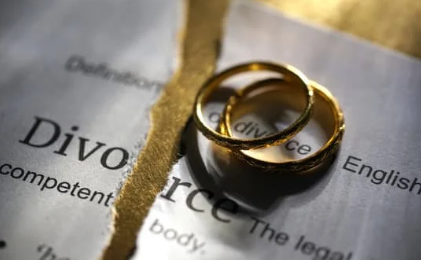Taking control over your pension pot

Taking the reins and having more control over your pension pot
Saving for retirement is one of our greatest financial priorities, especially as life expectancy is growing and retirements are likely to last longer. It may be the case that you’d prefer to take the reins and have more control over your pension pot. For appropriate investors, one option to consider is a Self-Invested Personal Pension (SIPP).
Please note that a SIPP is a type of Personal Pension, and the rules as to how much you can contribute to a SIPP are the same as a Personal Pension. Also, when it comes to taking the pension, the same rules apply to both a SIPP and a Personal Pension.
Saving discipline
A SIPP is a tax-efficient wrapper for your pension investments and gives you control of your pension, whereas most members of a company pension scheme have very little control and almost no idea where their pension money is invested. SIPPs enforce saving discipline until retirement since you cannot withdraw your money early.
Also, with many of the UK’s largest companies closing their final salary schemes to all members, many members now have to look at taking their pensions into their own hands. You can make both regular and one-off payments into your SIPP, and even putting a small amount away early will make a difference to how much you will eventually have to fund your retirement.
Extra flexibility
Once you reach 55, you can access your whole pension pot. You decide how and when to use the fund built up in your SIPP to provide you with an income. You can take up to 25% of your fund as a tax-free lump sum and use the balance to provide you with a pension through income withdrawal from your SIPP, or through the purchase of an annuity. You can also take a series of lump sums from your SIPP – it’s flexible.
SIPPs can be opened by almost anyone under the age of 75 living in the UK. You can open a SIPP for yourself or for someone else, such as a child or grandchild. Even if you’ve already retired, you can still open a SIPP and take advantage of the extra flexibility that it gives you over your pension savings in retirement – but you may be limited by how much you can pay into it.
Investment control
SIPPs offer a wider investment choice than most traditional pensions based on investments approved by HM Revenue & Customs (HMRC). They give you the chance to pick exactly where you want your money to go and enable you to choose and change your investments when you want, giving you control of your pension and how it is organised.
Most SIPPs allow you to select from a range of assets, including:
- Unit trusts.
- Investment trusts.
- Government securities.
- Insurance company funds.
- Traded endowment policies.
- Some National Savings & Investment products.
- Deposit accounts with banks and building societies.
- Commercial property (such as offices, shops or factory premises).
- Individual stocks and shares quoted on a recognised UK or overseas stock exchange.
Tax treatment
You receive tax relief upfront from the Government when you make contributions, which can feel like the Government is giving you money to save for your retirement. Currently, an investor can receive up to 45% tax relief when they make a personal contribution to a personal pension such as a SIPP, with 20% paid by HMRC to the pension and any higher and additional-rate tax relief reclaimable via your tax return. The tax treatment of pensions depends on your individual circumstances and is subject to change in future.
Please note: you must pay sufficient tax at the higher and additional rates to claim the full higher-rate tax relief via your tax return.
THE VALUE OF INVESTMENTS AND INCOME FROM THEM MAY GO DOWN. YOU MAY NOT GET BACK THE ORIGINAL AMOUNT INVESTED.
ACCESSING PENSION BENEFITS EARLY MAY IMPACT ON LEVELS OF RETIREMENT INCOME AND YOUR ENTITLEMENT TO CERTAIN MEANS TESTED BENEFITS AND IS NOT SUITABLE FOR EVERYONE. YOU SHOULD SEEK ADVICE TO UNDERSTAND YOUR OPTIONS AT RETIREMENT.


